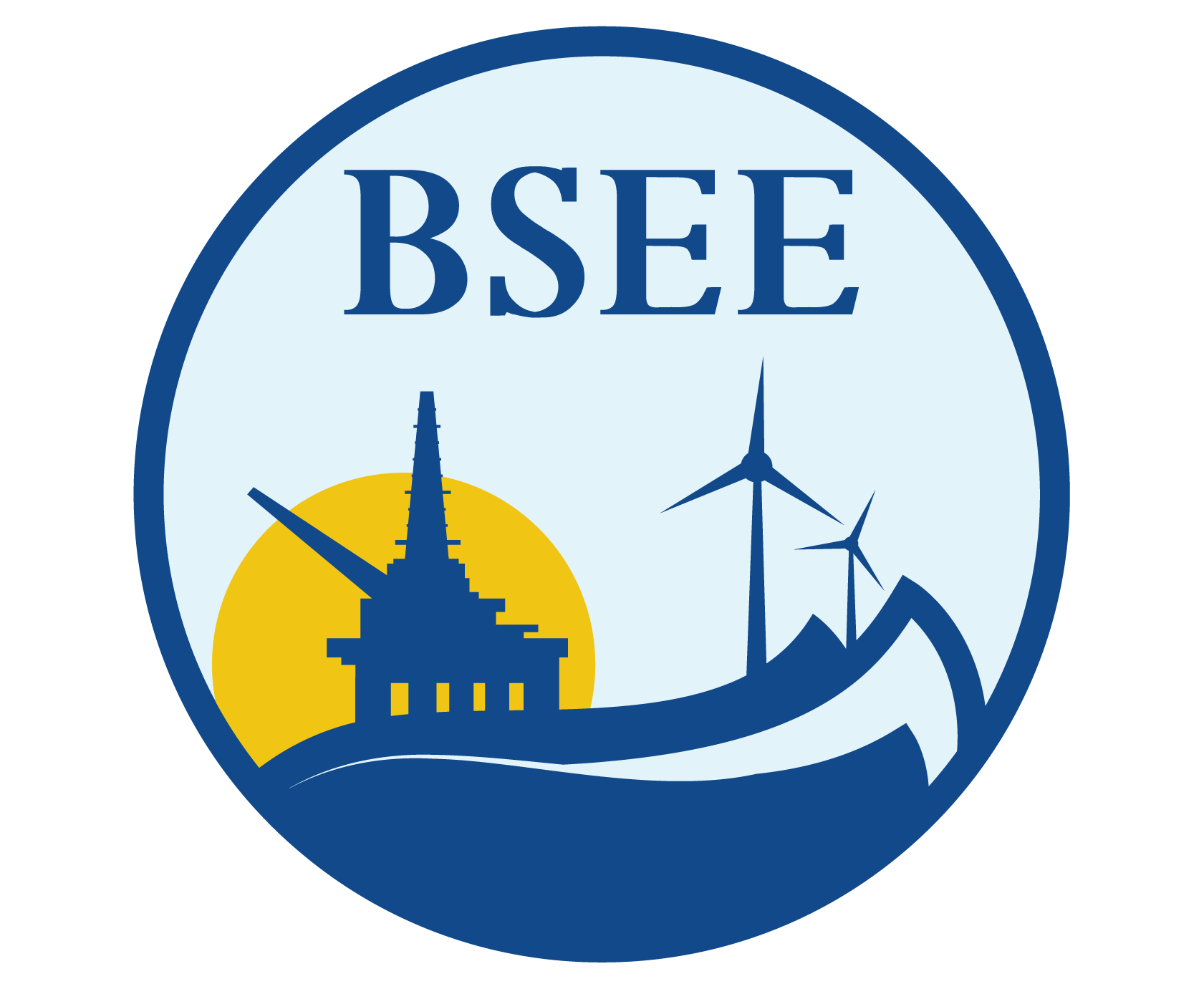TAP-548-Examination and Review of Mobile Offshore Drilling Unit (MODU) Loss of Station-keeping Ability During Hurricane Ivan and Assessment of Current Mooring Standards and Criteria to Prevent Similar Failures
The project examined the Loss of MODU Station-keeping in the Gulf of Mexico during Hurricane Ivan, September 2004, comparing those findings with that of recent Hurricanes Andrew (1992) and Lili (2002), and assessed the current mooring standards and criteria to prevent similar failures.
Objectives:
The project's objectives are summarized below:
